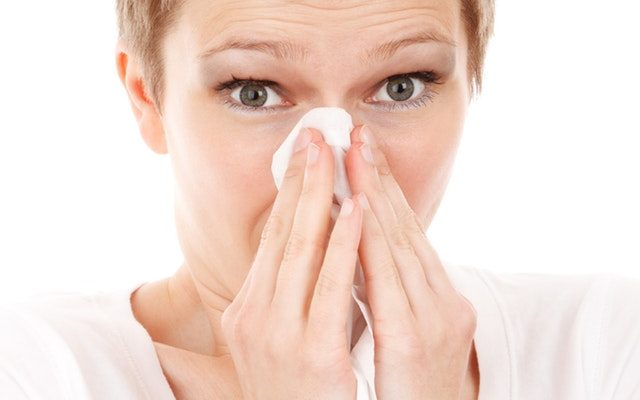9 Wrong Ways to React in Case of an Emergency

No matter how well trained you might be for an emergency, you will always be reminded of what to do. Hurricane or earthquake, fire or family emergency – the list with the what-to-do things is well established.
But have you ever given a thought about what not to do? During a CPR and first aid certificate seminars, you are taught the things to avoid as well.
Table of Contents
1. The Panic Attack
You might be the cool person, never giving in to anxiety-provoking situations, keeping a clear mind and critical thinking. Most people though, when an unexpected emergency happens, lose their calm. It is of utmost importance to stop whatever you are doing, assessing the situation and trying to think of a solution. Do not let the panic overwhelm you, avoid taking any impulsive decisions. Clear your mind, look around you, breath steady, and take action.
2. Not Feeling in Danger
Most people, even when well prepared for an emergency, try to wait out to observe the situation first.
But keep in mind, in the case of an approaching hurricane, or wildfire, flood, or even few short seconds after an earthquake, it is the time you might be running out of. Do everything that needs to be done to protect your family and bring them to a safe place. A property, house, or a car, all can be replaced. But losing a friend, a family member because of not reacting on time, if there is time given, might be the worst choice taken.
3. Not Placing the Emergency Call
Never ever underestimate calling the emergency services. People trained for these situations like firefighters, medical personnel, policemen are the ones to be called without a delay. The basic first aid is of importance, but it is your first obligation to announce the emergency and that professional help is required.
4. Overlooking the Directions Given
There are procedures to be followed in any forecastable emergency, like flood risks, hurricane or fires.
The assigned responsible authorities will estimate the situation, including the circumstances before and during, and of course, after the specific emergency. So if you are advised or asked to leave your property and move to assigned space, shelter or well-protected grounds, do not avoid to act immediately. Follow their orders, they are the only ones in a position to be up-to-date with the latest news and security and safety actions to be taken.
5. Using Generators Within the Shelter
When you have reached your shelter, or you were asked to stay at your house, as a shelter-in-place, avoid using any generators or even barbecues inside of the property.
You have the basic knowledge, when using a generator or starting a barbecue, it must be in a well-ventilated place, always outside of a building. Open the canned food, bottled water, and stay calm. Avoid harming people with a potential fire caused by starting barbecue indoors.
6. Using Landlines
In the case of an emergency, all the landlines are used by the authorities to contact the people in danger.
If you wish to inform your beloved ones about your situation, just send a message using your mobile phone.
Keep the landlines free for the ones in need of immediate assistance.
7. The Elevators
In a case of predictable bad weather, the elevators are usually shut down to prevent any accidents.
If the elevator is still operating, avoid using it. The door may get stuck, or the fire on the lower floor may get to the floor of the elevator. Even overcrowding could happen if too many people try to use it at the same time.
Look for the staircase to bring yourself to safety.
8. The Neighbors
Always check on your neighbors, especially if you know they are elderly persons or with special needs.
If a storm warning is issued and you have the time, always try to accompany them to the safety of an assigned shelter.
9. The Schedule
You have family or friends to take care of. Always act on your safety plans, do not wait to react if an emergency happens. Preparing an emergency kit to keep you safe, fed and hydrated for at least 3 days, having a plan how to get in touch between you and your family members is a basic step to cope with during an emergency. CPR and first aid certificate course are the least you can take to be well prepared.
Author Bio:
Saima Tasneem is an expert lifestyle blogger who lives for writing. Saima’s drive, passion, and background come from the arts and media sectors. She writes regularly about wellness, health, and nutrition and making her ideally positioned to offer lifestyle support and advice.










